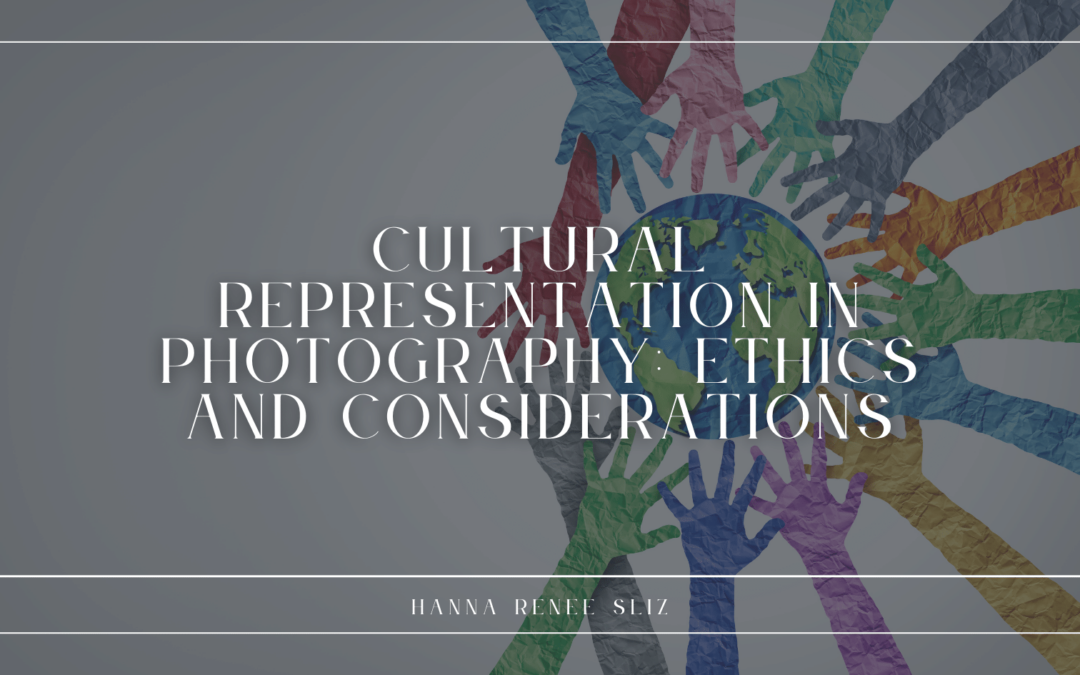Photography has the ability to significantly influence how people view and understand different cultures across the globe. It is, therefore, crucial for photographers to approach their work with a strong sense of ethics and respect when capturing and sharing images of cultural practices. By promoting greater understanding and appreciation for the rich diversity of human experience in our world, we can help to bring people together.
Understanding and Respect
The foundation of ethical, cultural representation in photography lies in understanding and respecting the subjects being photographed. Photographers must approach their work with cultural sensitivity, seeking to understand the significance of the customs, traditions, and values of the people they are capturing.
Consent and Collaboration
Consent is a critical aspect of cultural photography. Photographers should always seek permission from their subjects, especially when photographs are taken in personal or sacred contexts. Collaborating with communities can also ensure that the portrayal is authentic and respectful, providing a narrative that truly represents the culture from an insider perspective.
Context and Narrative
Providing context and narrative is essential in avoiding stereotypes and misrepresentations. Photographs should be accompanied by stories or captions that give viewers a deeper understanding of the cultural context, enhancing appreciation and respect for the diversity depicted.
Ethical Sharing and Publication
In the digital age, the sharing and publication of photographs must be handled with care. Photographers should consider the impact of their images on the subjects and their communities, avoiding exploitative practices and ensuring that their work contributes positively to cultural understanding and appreciation.
Cultural representation in photography requires a thoughtful and ethical approach to ensure that images are captured and shared with dignity, respect, and a genuine desire to foster understanding and appreciation among diverse audiences. By adhering to these principles, photographers can contribute to a more inclusive and respectful global narrative.

